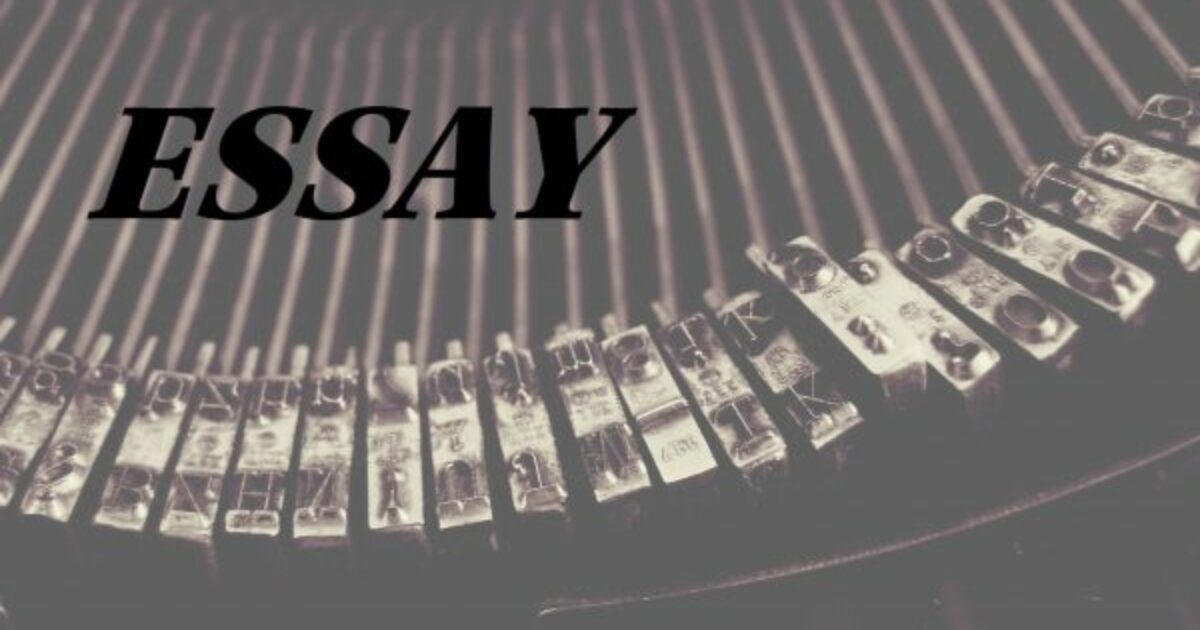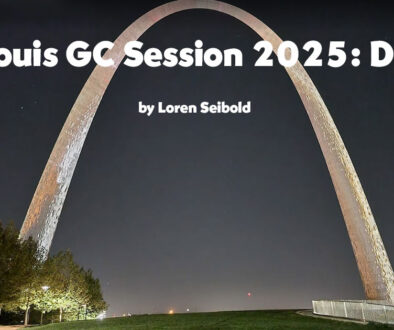Mercy, Grace, This Is Justice?
By S M Chen, posted 10-20-16 by D Kovacs
“Justice is the grammar of things. Mercy is the poetry of things.” –Frederick Buechner, American theologian and writer (1926 – )

I cannot say that the words of the title were uttered at some point in some courtroom or prison cell somewhere on Earth. On the other hand, I cannot say that they were not. Truth is, as has been shown time and again, stranger than fiction. Who is to say that there was not once a woman, whether attorney for or relative of an accused, named Grace? Or a male surnamed Grace?
I recently encountered a trenchant differential triad of definitions of those qualities by Cathleen Falsani, American journalist and author (1970 -): “Justice is getting what you deserve. Mercy is not getting what you deserve. And grace is getting what you absolutely don’t deserve.”
The battle for primacy between justice and mercy has raged for a long time, and shows no sign of abating. Is there a potentially satisfactory balance between the two, and, if so, where should it be struck?
It seems no coincidence that justice is often represented by the Roman goddess Justice, who is blindfolded and holds a balance with her right hand and a sword with her left. For while justice should not be blind, it should be impartial. Achieving balance/fairness is vital. The sword speaks for itself.
*
It’s been said that justice without mercy is vengeance. In Shakespeare’s ‘The Merchant of Venice,” Portia warns Shylock that his quest for justice without mercy may lead to his own damnation.
On the other hand, Thomas Aquinas opined that “mercy without justice is the mother of dissolution.”
*
Much has been made of the issue of fairness/justice (I use them interchangeably, although some argue they may be different, saying justice is objective, whereas fairness is subjective; I grant that). In this country, the apparent racial disparity, the likelihood of conviction and incarceration being disproportionate amongst people, particularly men, of color. It has been one of the arguments used by opponents of the death penalty: how can one justify the execution of an innocent person, which has happened in the past and is bound to happen in the future, DNA notwithstanding? Only the Almighty is infallible.
Martin Luther King Jr. opined that “the arc of the moral universe is long, but it bends towards justice.” This is consistent with what many believe, indeed is what likely keeps some going. It appears to have sustained the nonviolent movements of King and one of his models, Mohandas Gandhi.
*
Were capital punishment not extant in Christ’s day, His atonement on the cross would not have unfolded as it did. The end of His life was the flip side of what we perceive as fairness, His crucifixion being the ultimate example of injustice. Paraphrasing others, He died the death we deserve that we might have the life He deserved.
Yet, despite His enormous suffering of body and spirit (any celestial foreknowledge He may have possessed as to the outcome of His life on Earth must have been erased upon His incarnation; otherwise, why would He have prayed in Gethsemane, while perspiring great drops of blood, “Father, if Thou be willing, remove this cup from Me”?), He extended grace to the penitent thief on His right, granting him in death that which he did not achieve in life.
The penitent thief was not always penitent, even on Golgotha. Initially, he, like the impenitent thief to Christ’s left, mocked Him (Matt. 27:44). There was a certain hardness about both thieves.
The penitent thief ultimately softened. Coming to his senses (perhaps he caught a glimpse of the looming dark pit of perdition), he rebuked the other thief, then asked Christ to remember him in the hereafter.
Like a bolt of lightning that comes from the east and zigzags westward, the transformation of his heart of stone into one of flesh (Ezek. 36:26) seemed swift.
*
That often seems to have been the case.
Consider Saul, who, after his road to Damascus blinding experience, became Paul.
Or John Newton, slave trader who, during a storm at sea, promised to change his ways. He subsequently became a preacher and writer of hymns such as “Amazing Grace,” which remains to this day a favorite of many.
And countless others who will walk the sea of glass and bask in the never-ending light of the Son.
*
We can be grateful that (again from ‘The Merchant of Venice”) “the quality of mercy is not strained; it droppeth as the gentle rain from heaven.” And we need no reminder that, here, the rain falls on both just and unjust.
For many, justice will have to await the end of time, the hereafter. But it is also well to remember that, were it not for mercy and grace, there would be no hereafter. For any of us.
*
So may we walk the earth lightly, with gentleness and care, showing mercy whenever possible, leaving justice to the Almighty, and, with grace, the fragrance of our presence will linger after we are gone.
My parents passed over three decades ago. I still miss them.
—————————————
 S M Chen lives and writes in California.
S M Chen lives and writes in California.




